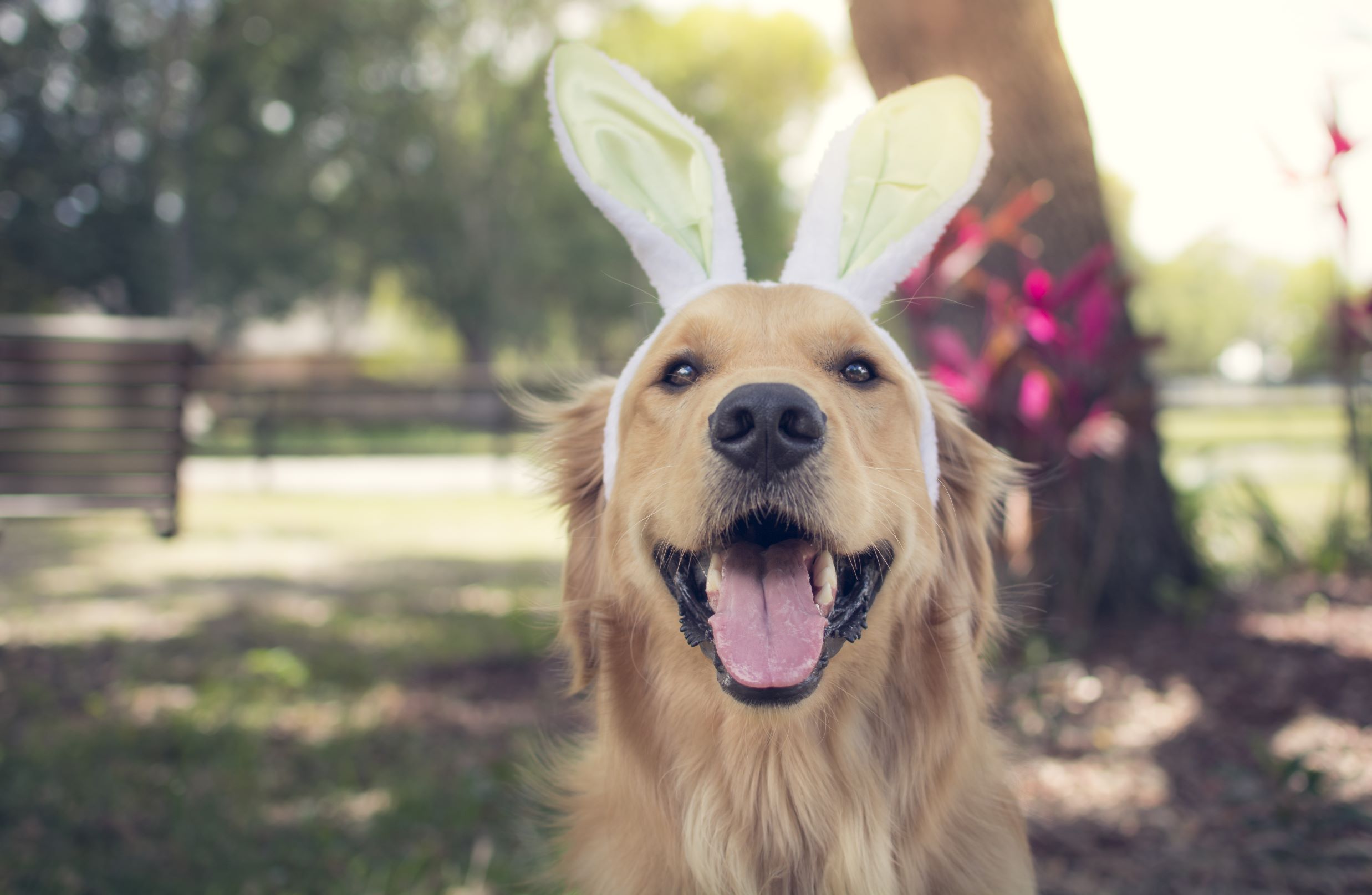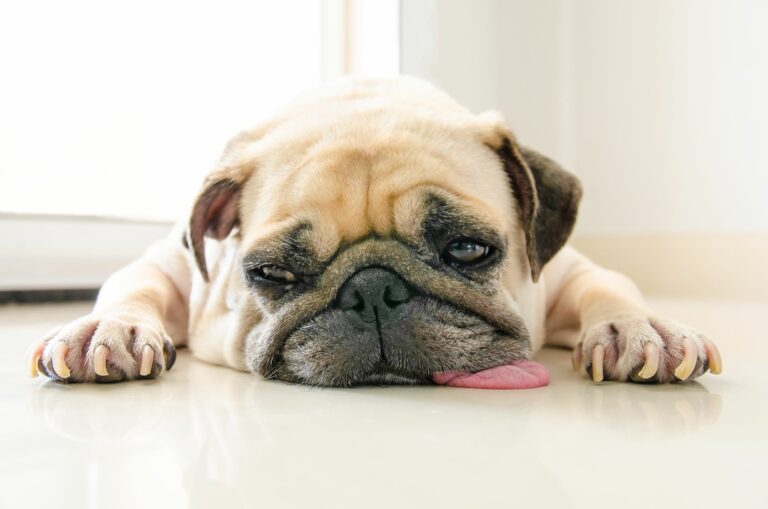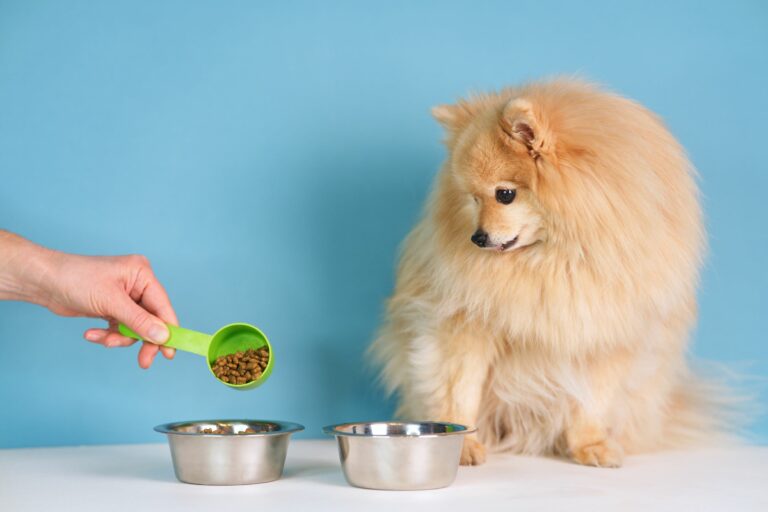Eating chocolate can give your dog diarrhoea, or worse
Easter can be a stressful time for dog owners.
Chocolate can be really dangerous for dogs and they are not the only seasonal food that could make your dog sick, hot crossed buns are also popular at Easter and raisins are also toxic for dogs.
Here is the PetExx guide to chocolate, Easter and keeping your dog safe
Toxicity of Theobromine There is a compound in chocolate called theobromine, and it is toxic to dogs. It has a different affect on dogs than humans because our four legged friends don’t metabolise it as quickly as we do. This in turn results in build-up of toxic levels in their system. The general rule is the darker the chocolate the higher the concentration of theobromine. So while milk chocolate isn’t harmless, dark chocolate is particularly toxic for dogs.
Symptoms of Chocolate Poisoning If your pooch eats chocolate they may experience a range of symptoms. They could suffer from restlessness, vomiting, diarrhoea,, rapid breathing, an increased heart rate, tremors, seizures, and in severe cases, cardiac arrest or death. The severity of symptoms depends on factors such as the amount and type of chocolate consumed, as well as the size and health of your dog. If you contact your vet after your dog eats chocolate they will ask you how much they have consumed, the type and the weight of your dog. Don’t assume a big dog will be okay and always talk to your vet as soon as you become aware your dog has eaten chocolate.
Types of Chocolate It’s crucial to understand that all chocolate is potentially harmful to your dog. However, some types of chocolate are more dangerous than others for your pet. Dark chocolate, unsweetened baking chocolate, and cocoa powder contain higher levels of theobromine compared to milk chocolate. Even tiny portions of these high-cocoa products can be poisonous to dogs, so it’s important to keep them out of reach.
Prompt Veterinary Attention If your dog has eaten chocolate, you should contact your vet immediately, even if they appear to be suffering from little or no symptoms. If you realise quickly that your dog has eaten chocolate, the vet may give your dog an injection to induce vomiting. They may also give your dog activated charcoal to absorb the toxins. Supportive care such as intravenous fluids and medications to manage symptoms may also be necessary. A probiotic paste like Stomach Settler may be recommended to help re-balance the gut bacteria.
What you should do at Easter The best way to prevent your dog from eating chocolate is to keep all Easter Eggs safely out of their reach. Tell any visiting guest to do the same. If your dog is a scavenger be extra careful as there will be so many temptations around over the season that could damage their health. Have plenty of dog friendly teats on hand to ensure any visitors who don’t understand the danger to dogs have an alternative if they want to feed your pooch.
Keep a close eye on your dog Despite precautions, accidents can always happen. You should closely monitor your dogs for any signs of chocolate ingestion, especially during Easter when there is more available in your home. Being vigilant and proactive can help prevent chocolate poisoning.
The Kennel Club has further advice on looking after dogs at Easter.





